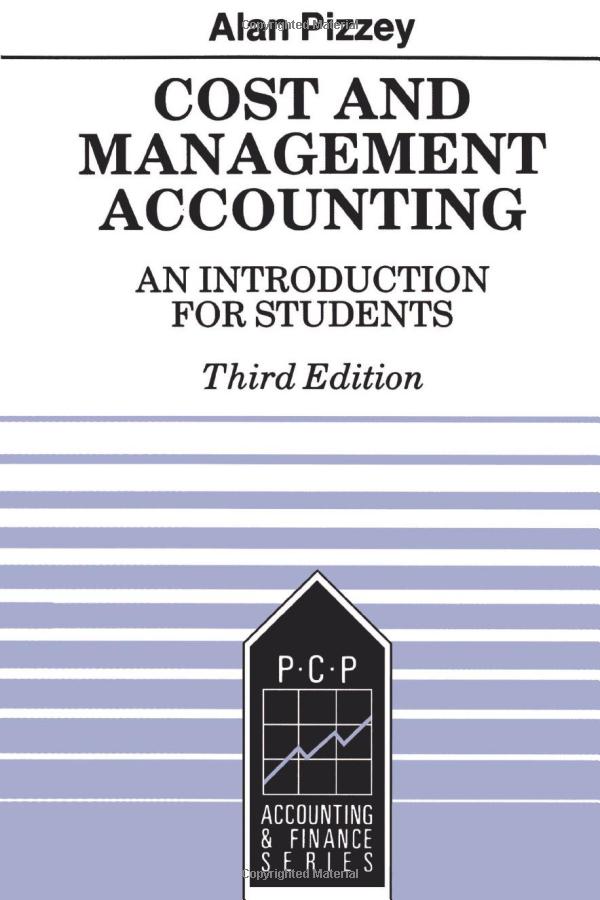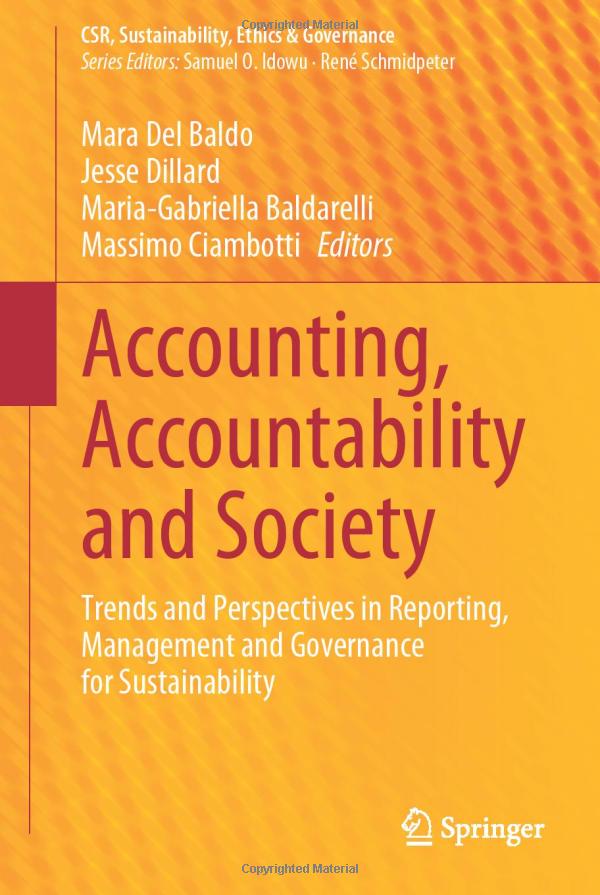Understanding Financial Implications: Do Student Loans Count as Income?
#### IntroductionWhen it comes to managing finances, particularly for students and recent graduates, understanding the nuances of student loans is crucial……
#### Introduction
When it comes to managing finances, particularly for students and recent graduates, understanding the nuances of student loans is crucial. One common question that arises is, **do student loans count as income**? This inquiry is significant as it can affect various financial aspects, including budgeting, loan eligibility, and tax implications.
#### What Are Student Loans?
Student loans are funds borrowed to pay for educational expenses, which must be repaid over time, usually with interest. These loans can come from federal or private sources and are designed to help students cover tuition, fees, and living expenses while they pursue their education. Understanding the nature of these loans is the first step in addressing whether they are considered income.
#### Defining Income

Income generally refers to money received, especially on a regular basis, for work or through investments. This includes wages, salaries, bonuses, and other forms of compensation. However, student loans do not fall into this category. They are borrowed funds that must be repaid, not earnings or profit.
#### Do Student Loans Count as Income?
The straightforward answer to the question, **do student loans count as income**, is no. Student loans are not considered income by the Internal Revenue Service (IRS) or any financial institutions. This distinction is crucial for several reasons:
1. **Tax Implications**: Since student loans are not classified as income, they do not contribute to your taxable income. This means that you won’t owe taxes on the amount you borrow, which can be a relief for many students who are already facing financial challenges.

2. **Loan Eligibility and Financial Aid**: When applying for financial aid or other loans, your student loan amount will not be counted as part of your income. This can be beneficial when determining your eligibility for need-based financial aid, as it helps ensure that you receive the support you need without being penalized for borrowing funds.
3. **Budgeting Considerations**: Understanding that student loans are not income can help students and graduates create more accurate budgets. Since these funds are meant for specific educational expenses, it’s essential to allocate them wisely rather than treating them as disposable income.
#### Exceptions and Special Cases
While student loans themselves do not count as income, there are some scenarios where the use of these funds might lead to different financial implications. For example, if a student loan is forgiven or canceled, the amount forgiven may be considered taxable income under certain conditions. Additionally, if a student uses loan funds for investments or business ventures, any income generated from those activities would be subject to taxation.

#### Conclusion
In summary, understanding the nature of student loans and their classification is vital for financial planning. The answer to **do student loans count as income** is clear: they do not. This knowledge can help students and graduates navigate their financial responsibilities more effectively, ensuring they make informed decisions about their education funding and future financial health. By recognizing that student loans are a form of debt rather than income, individuals can better prepare for repayment and manage their finances responsibly.